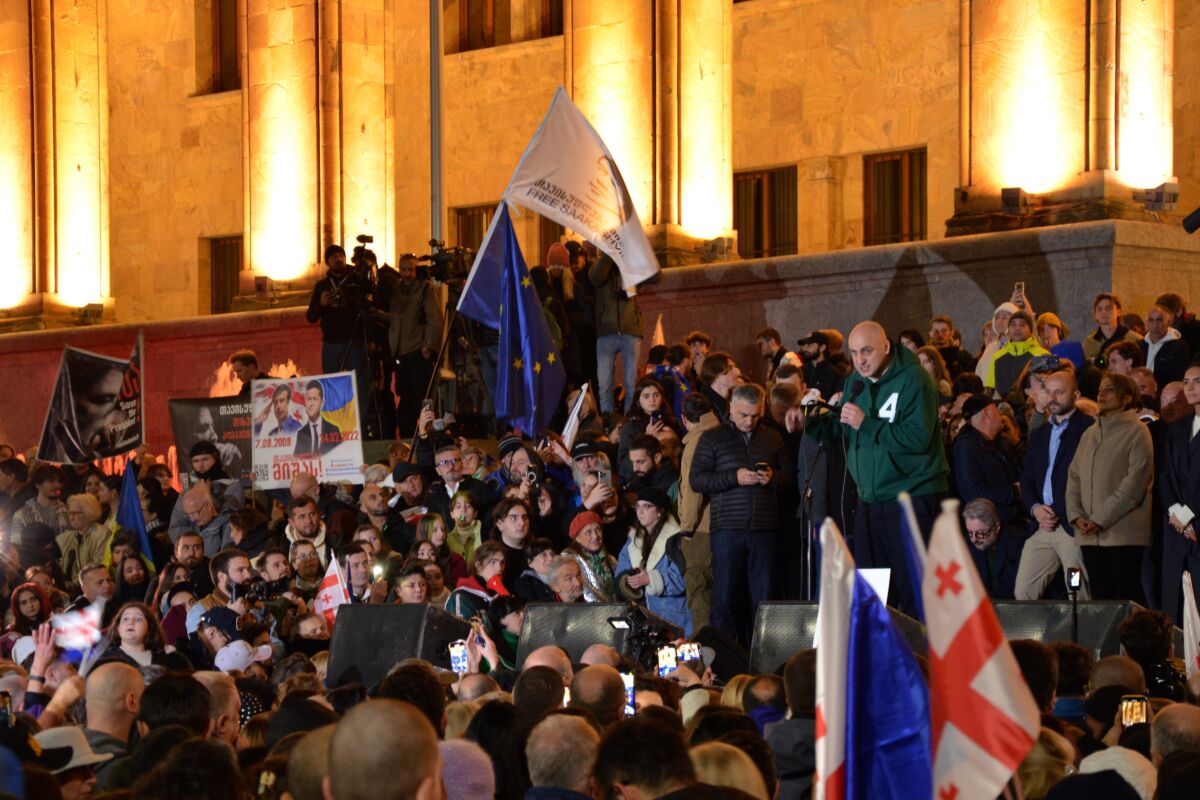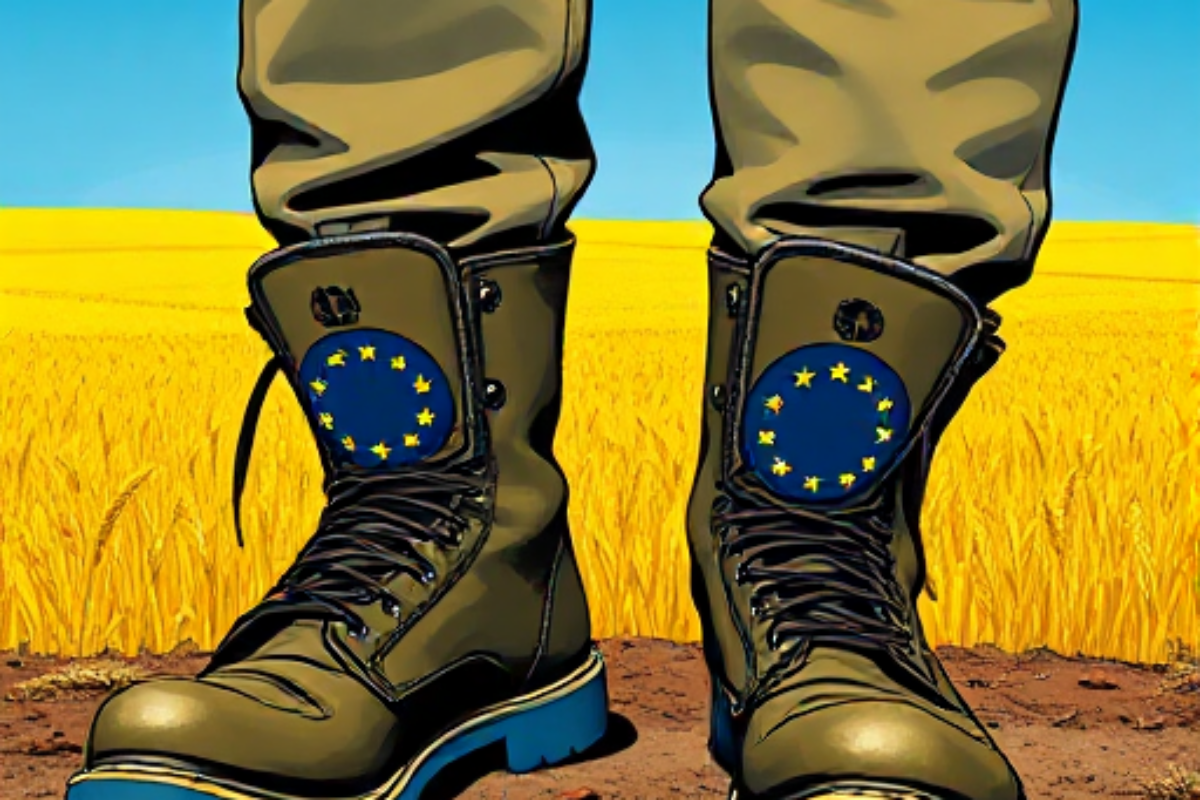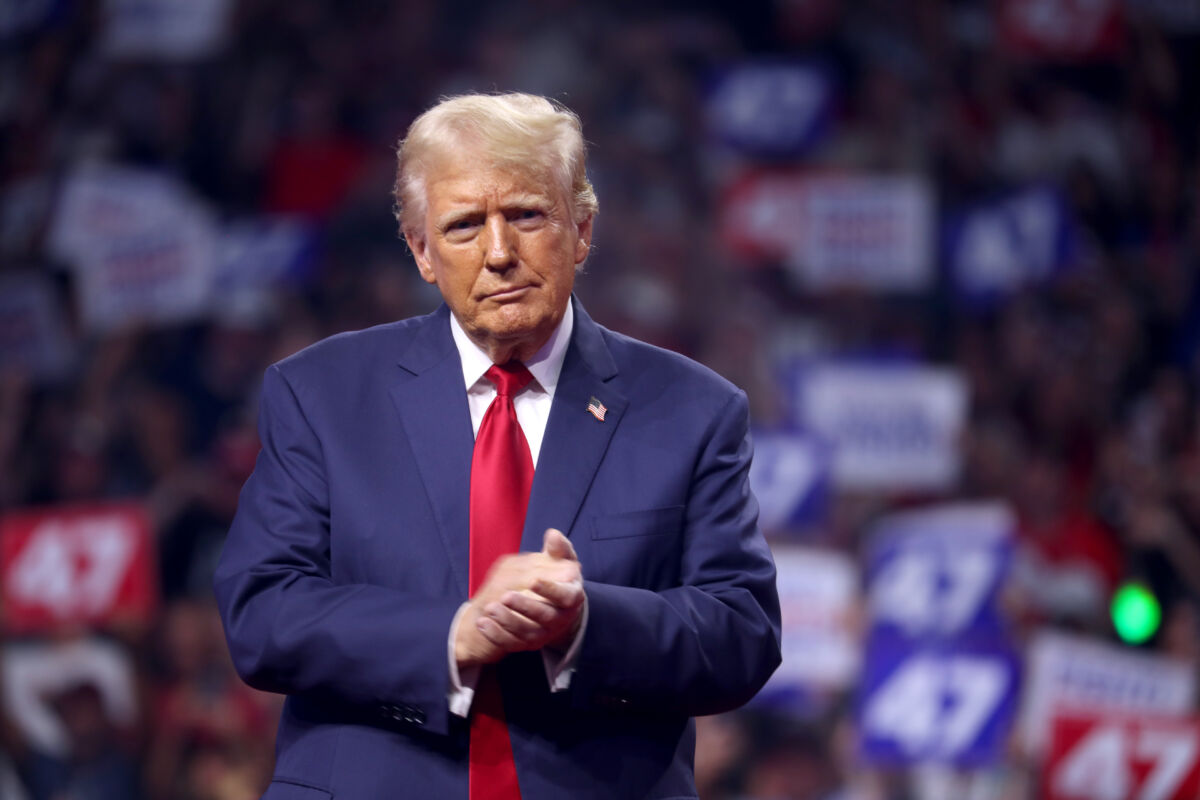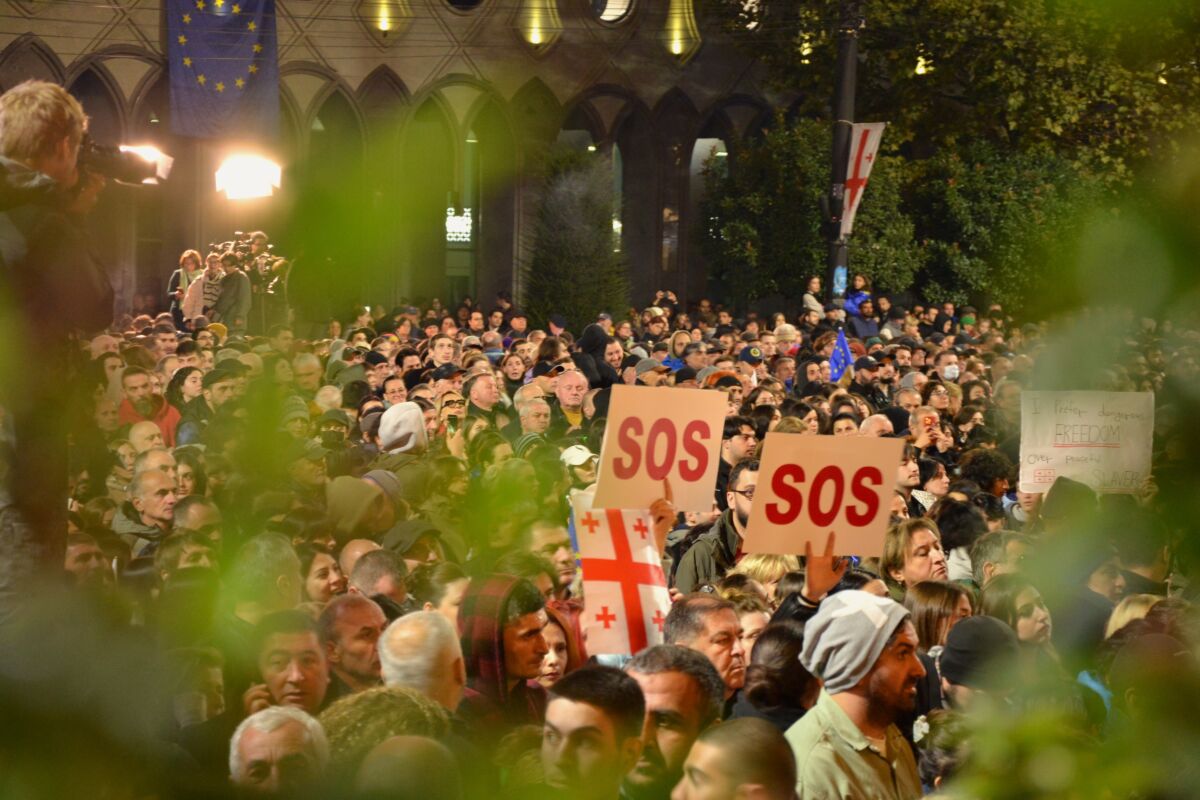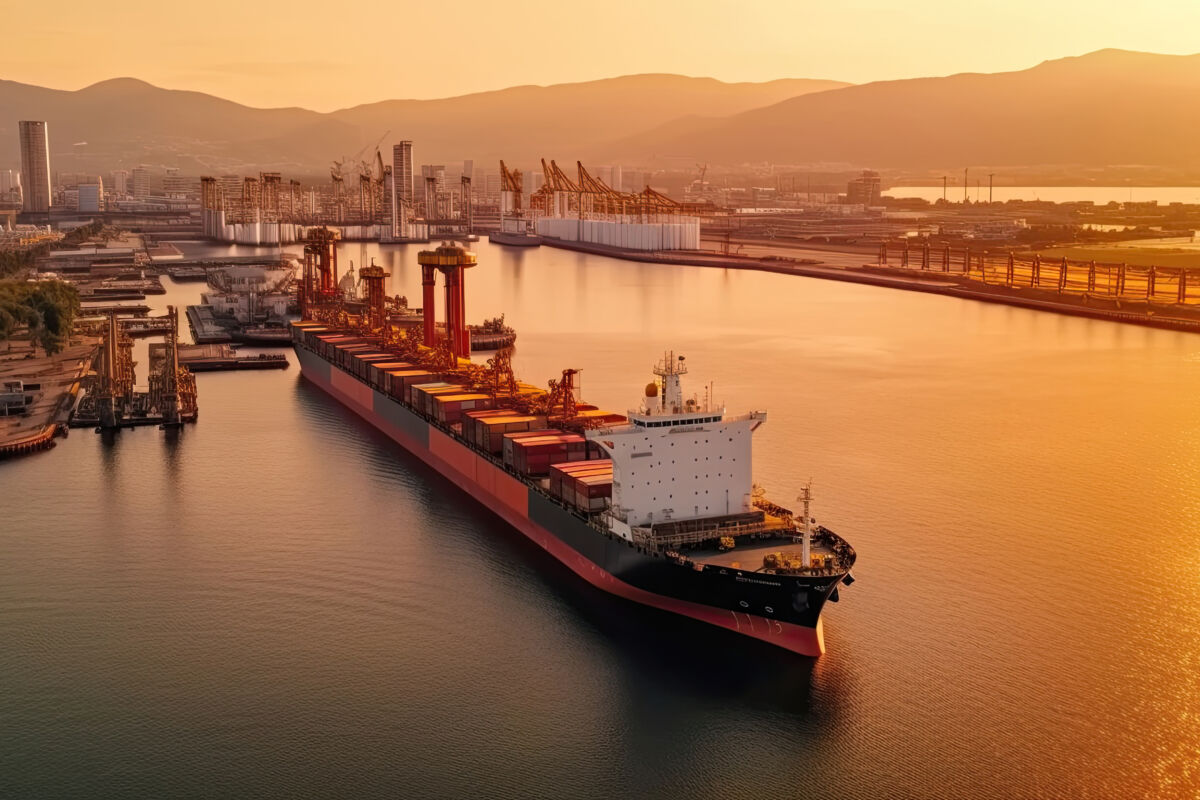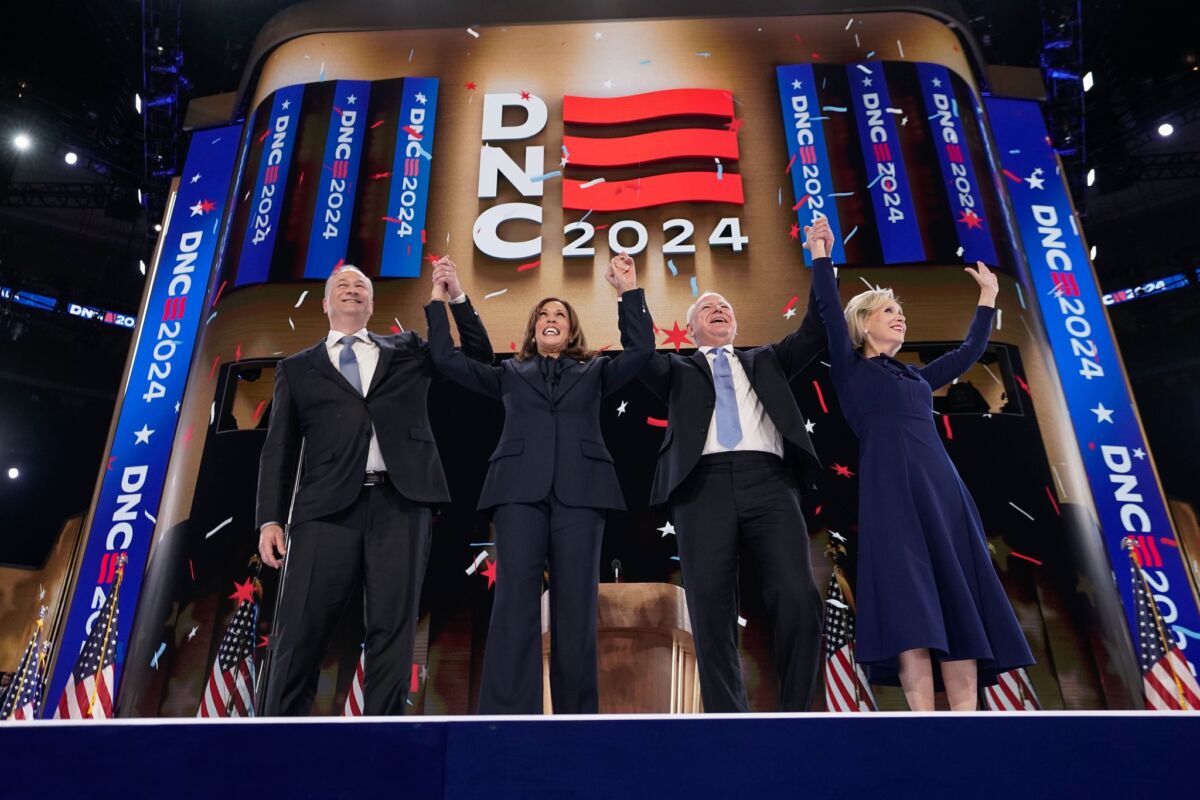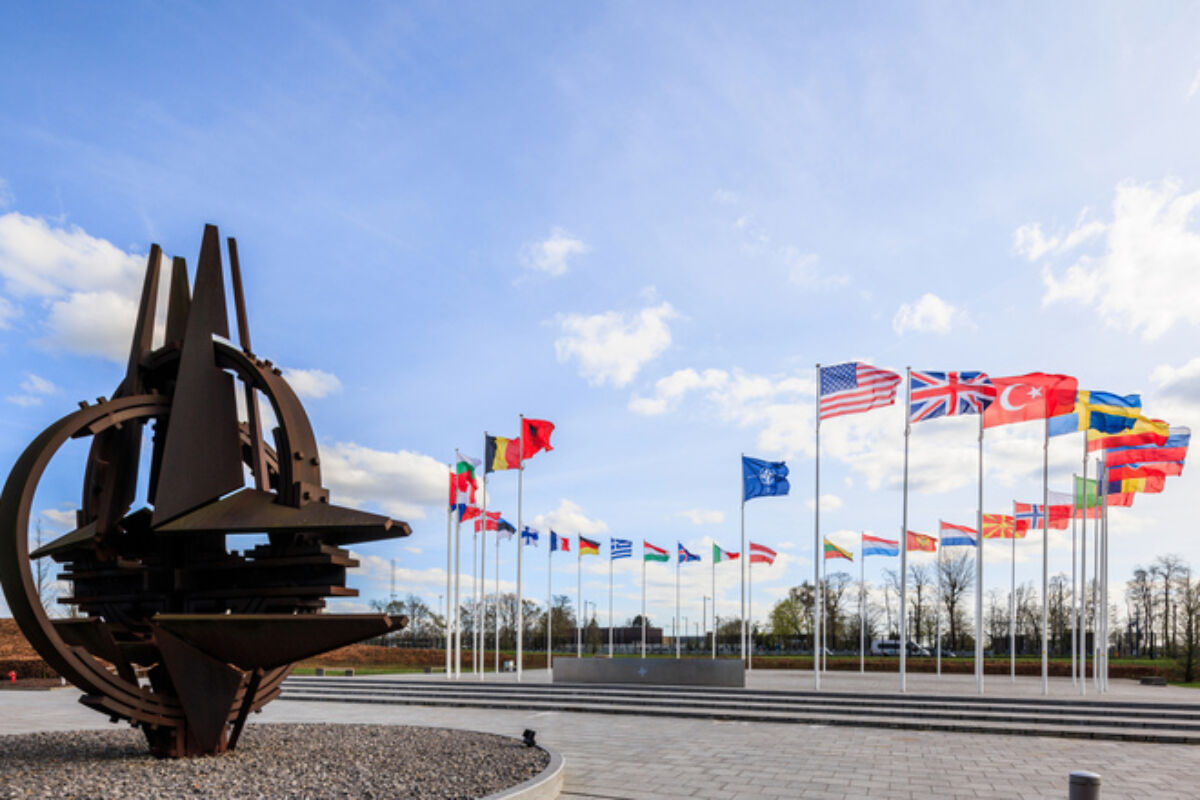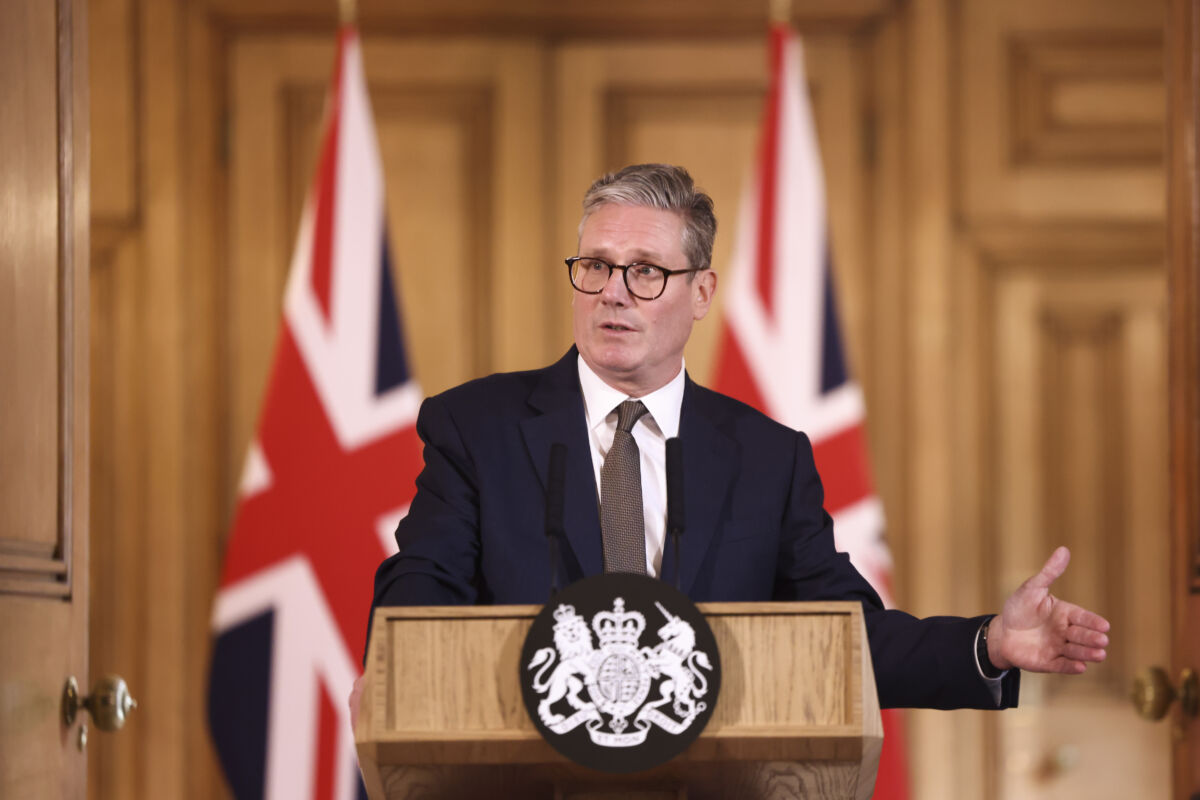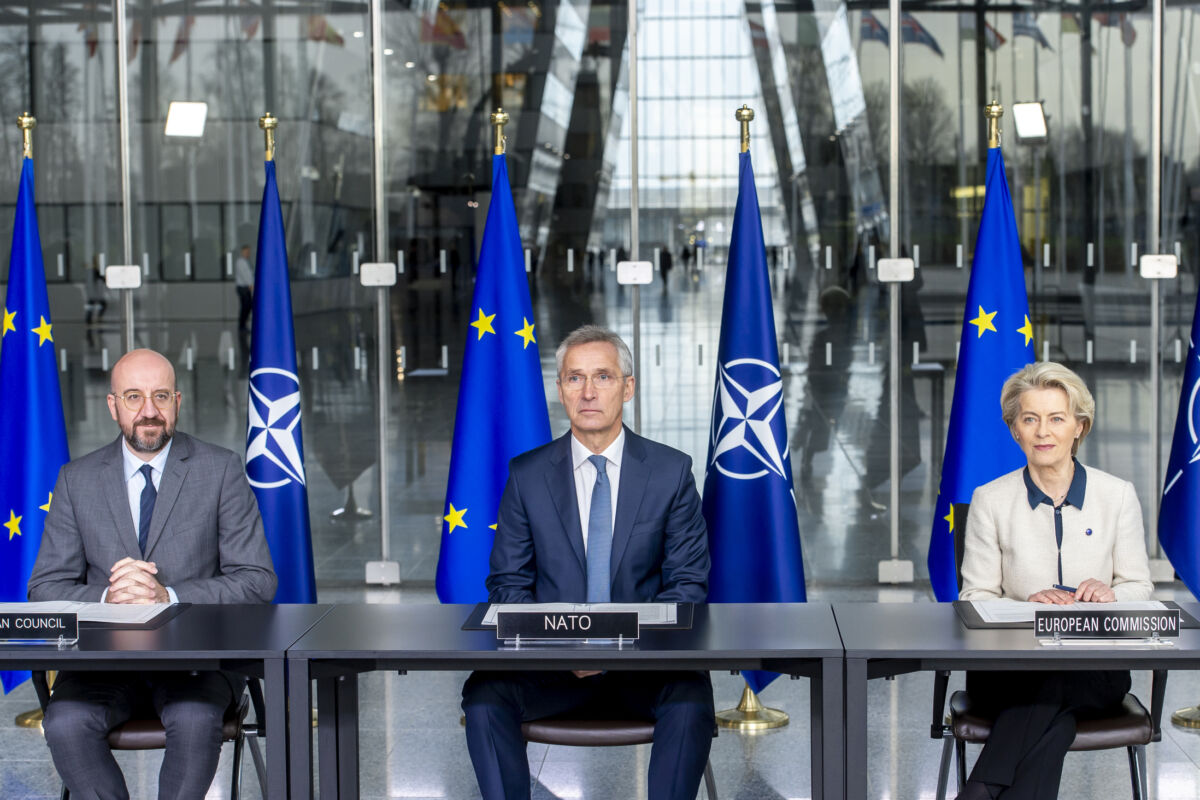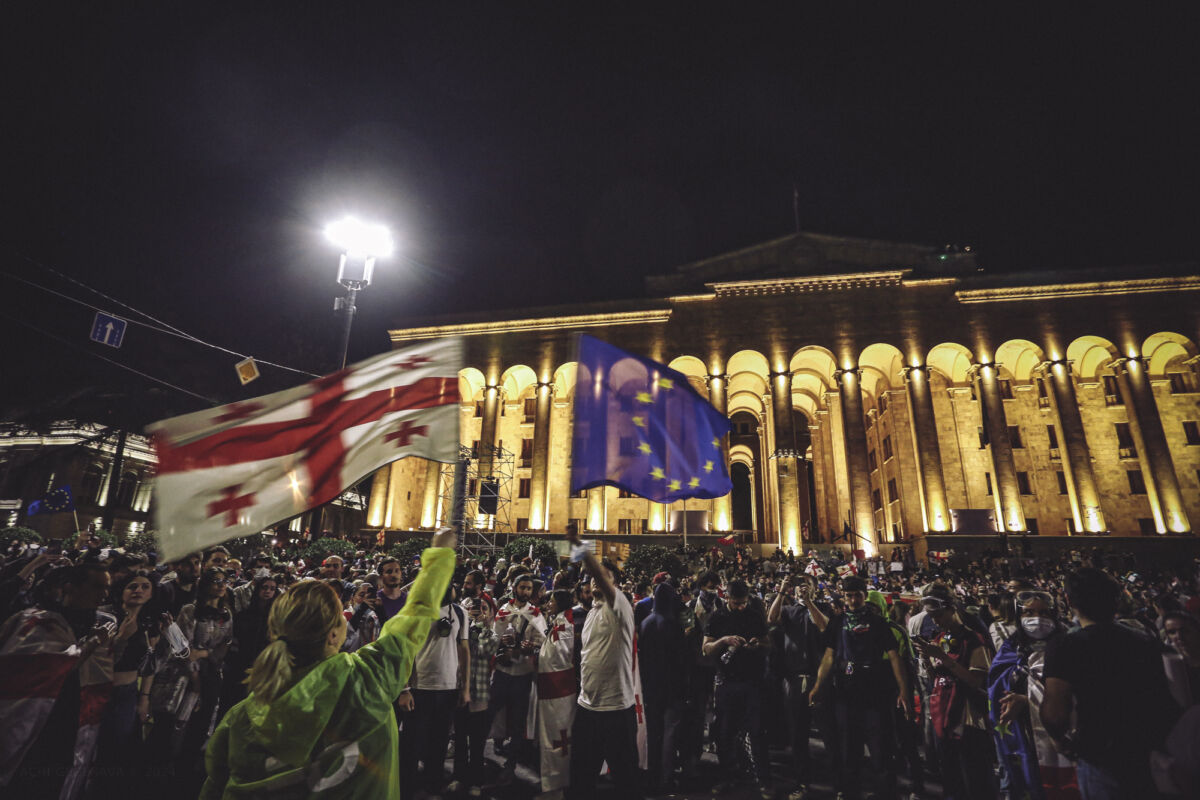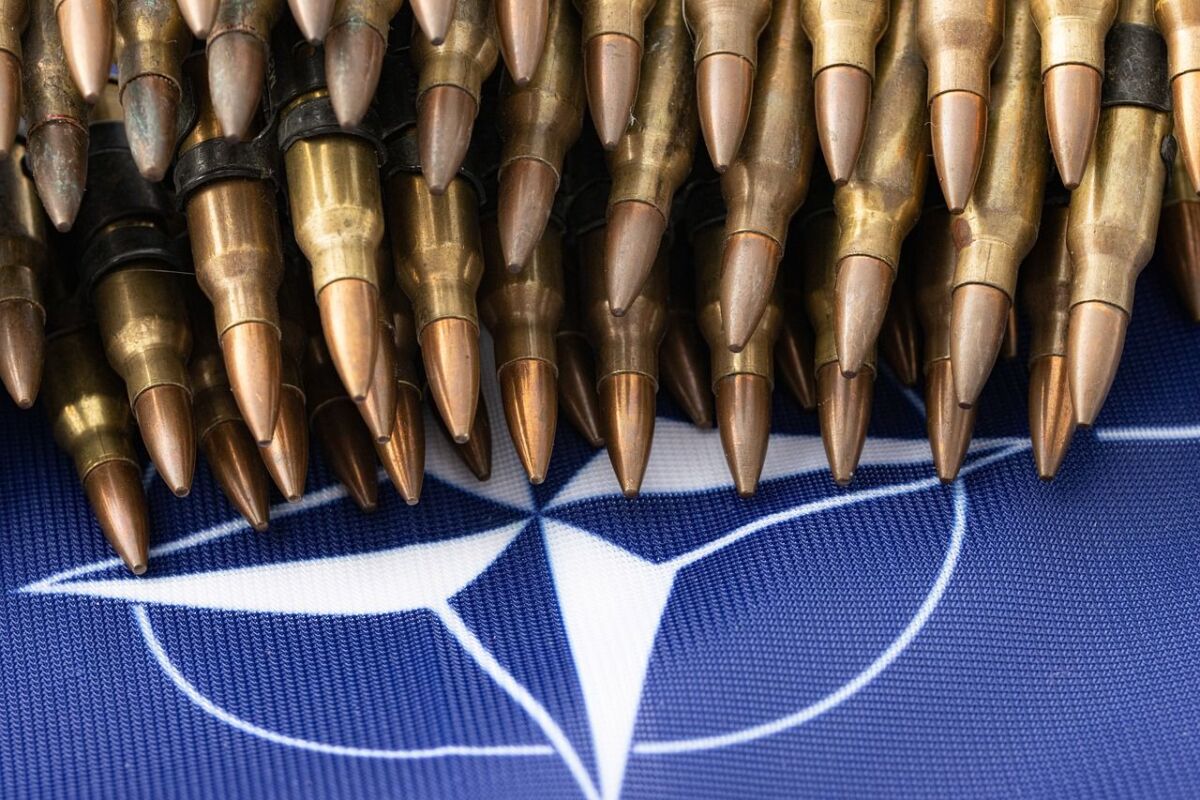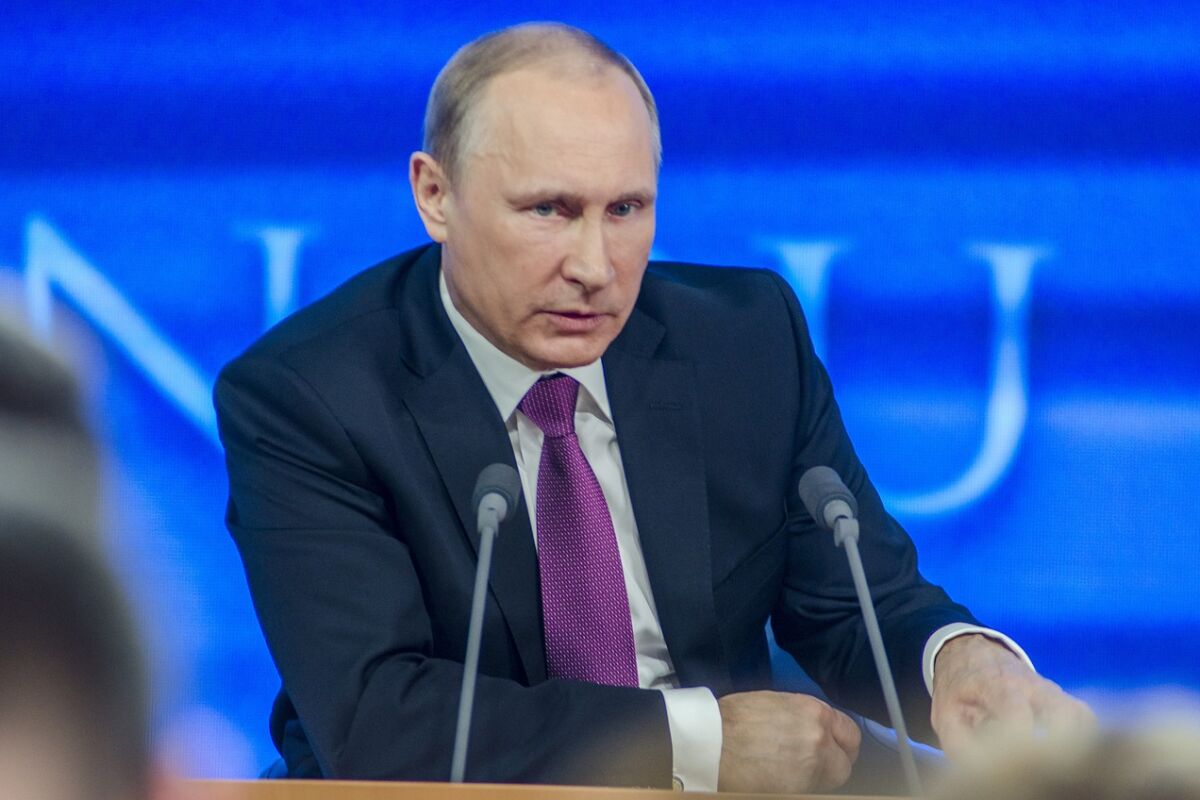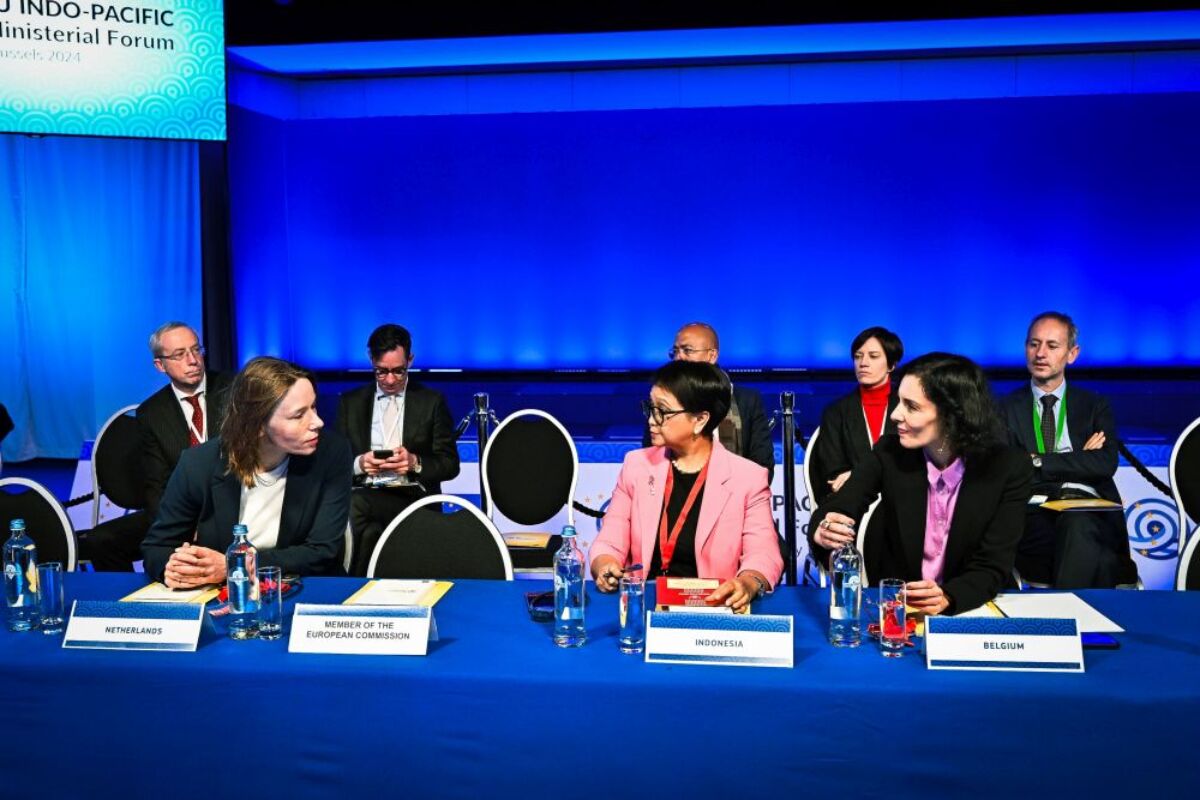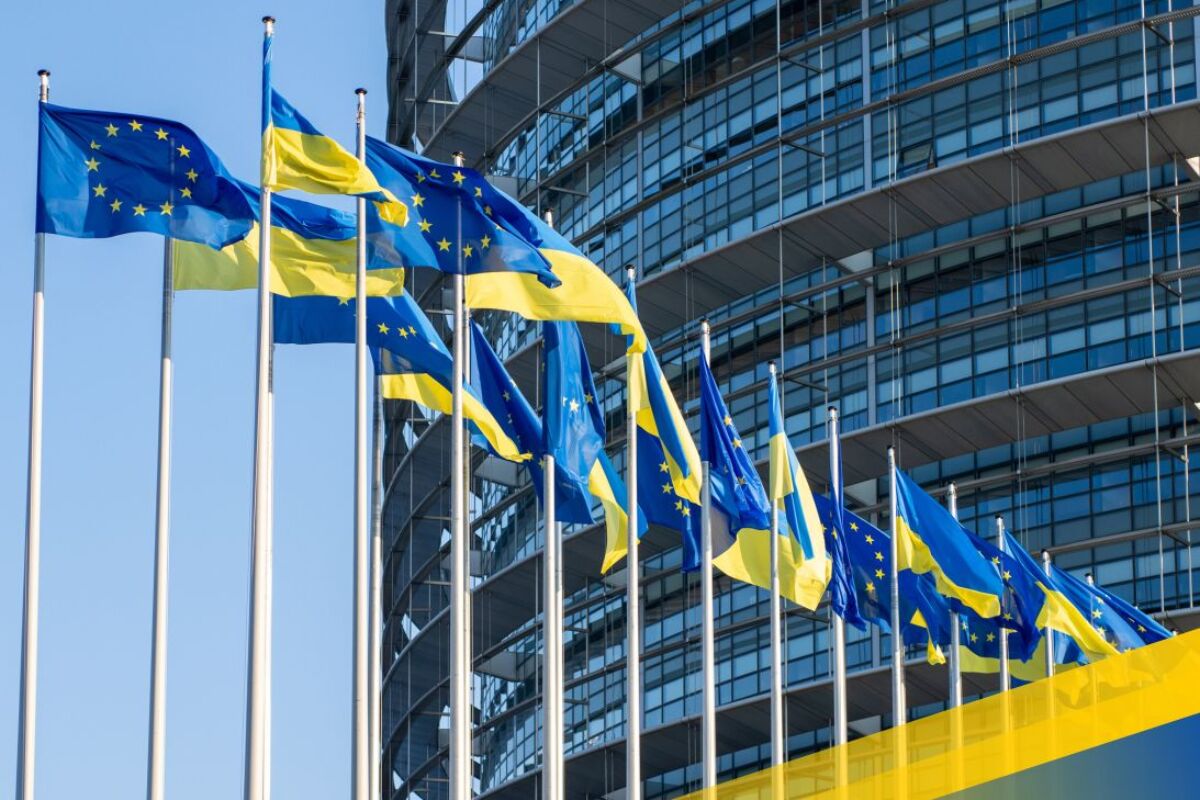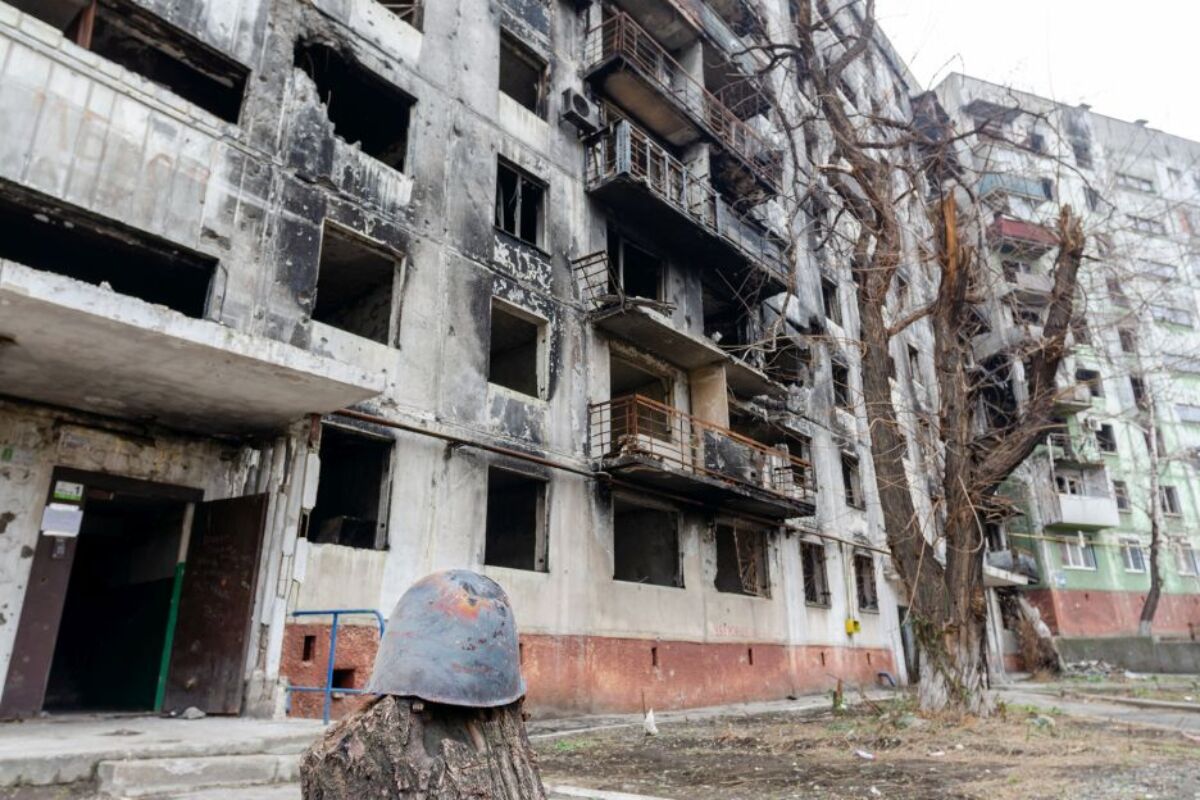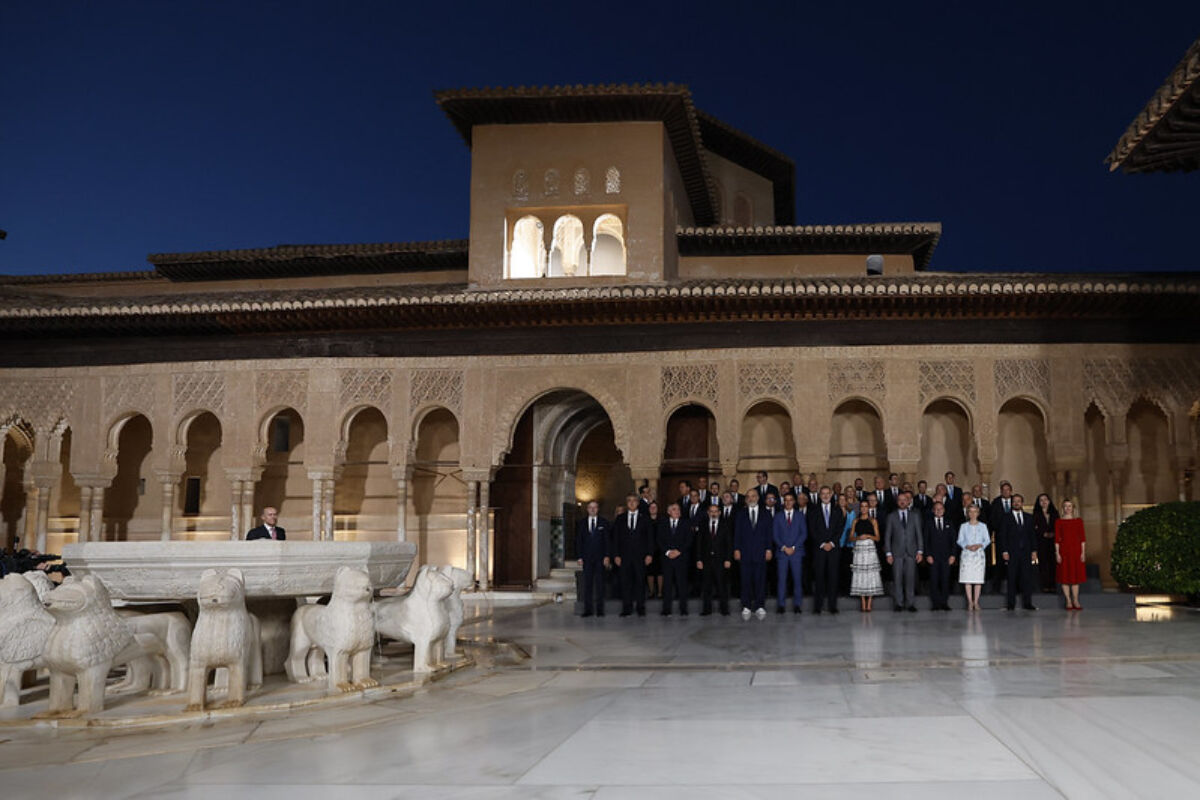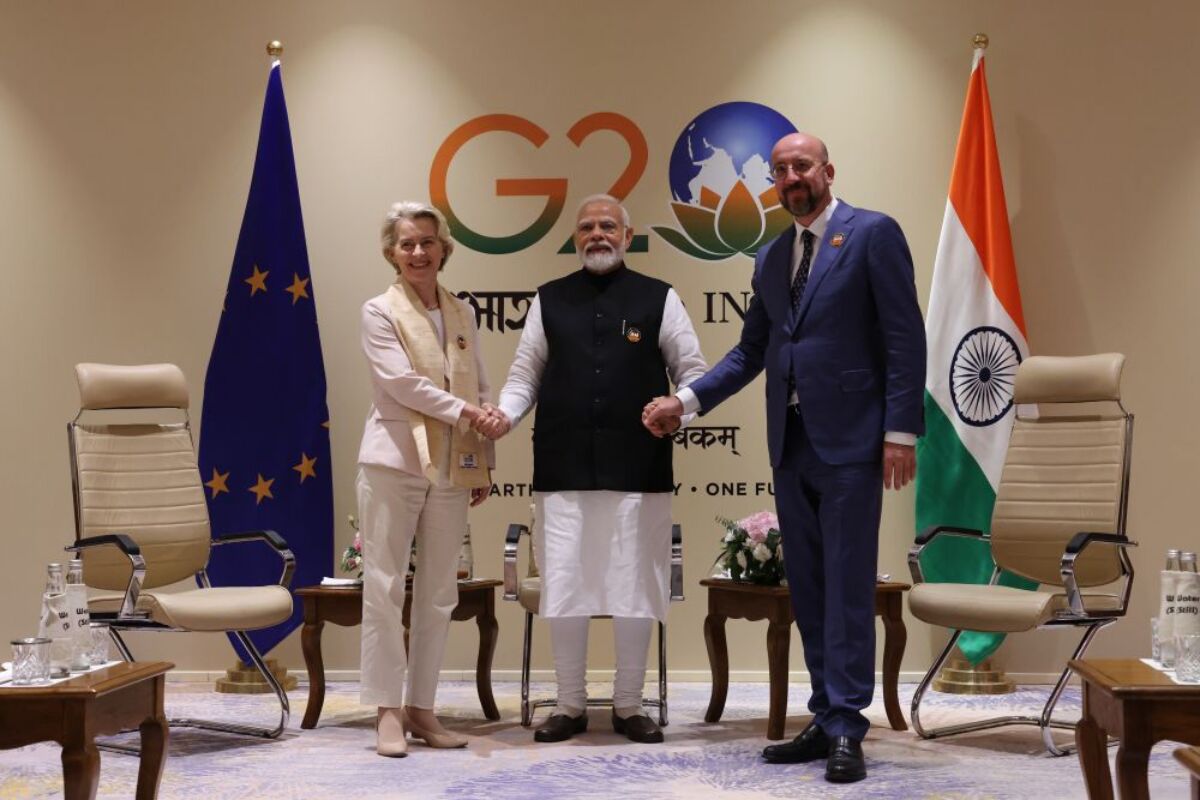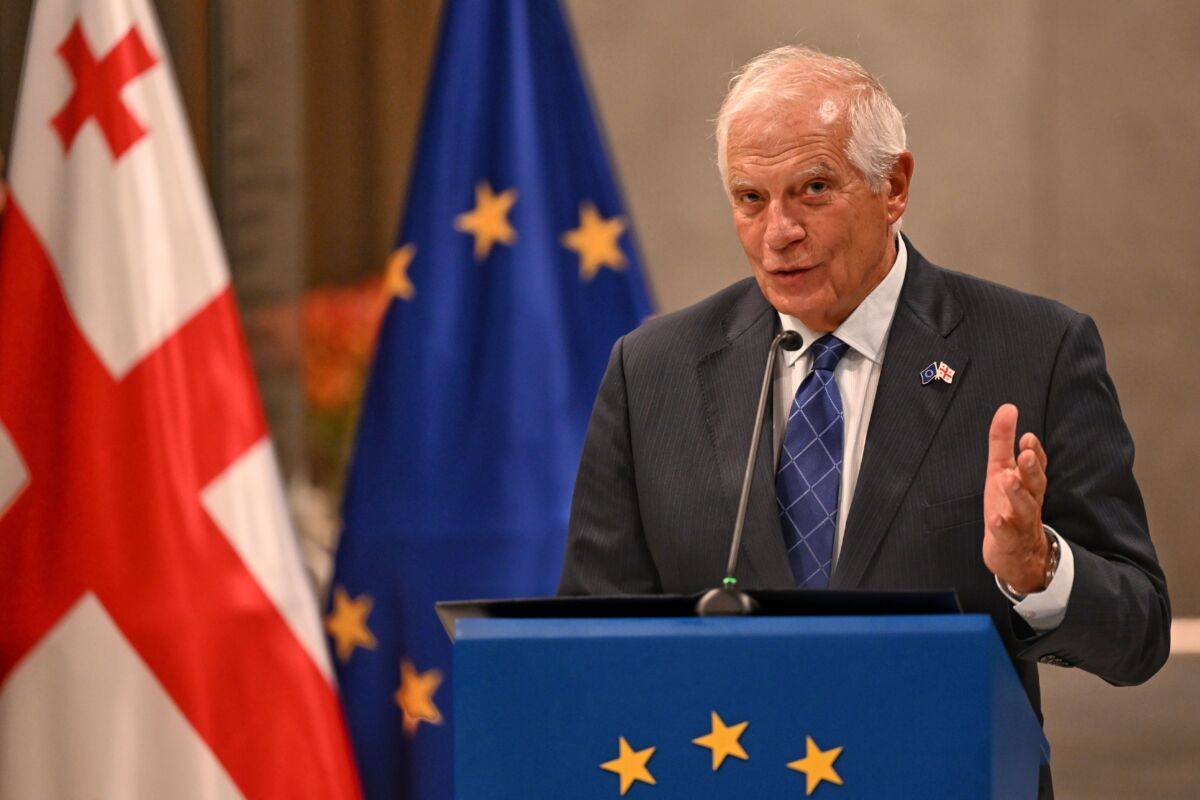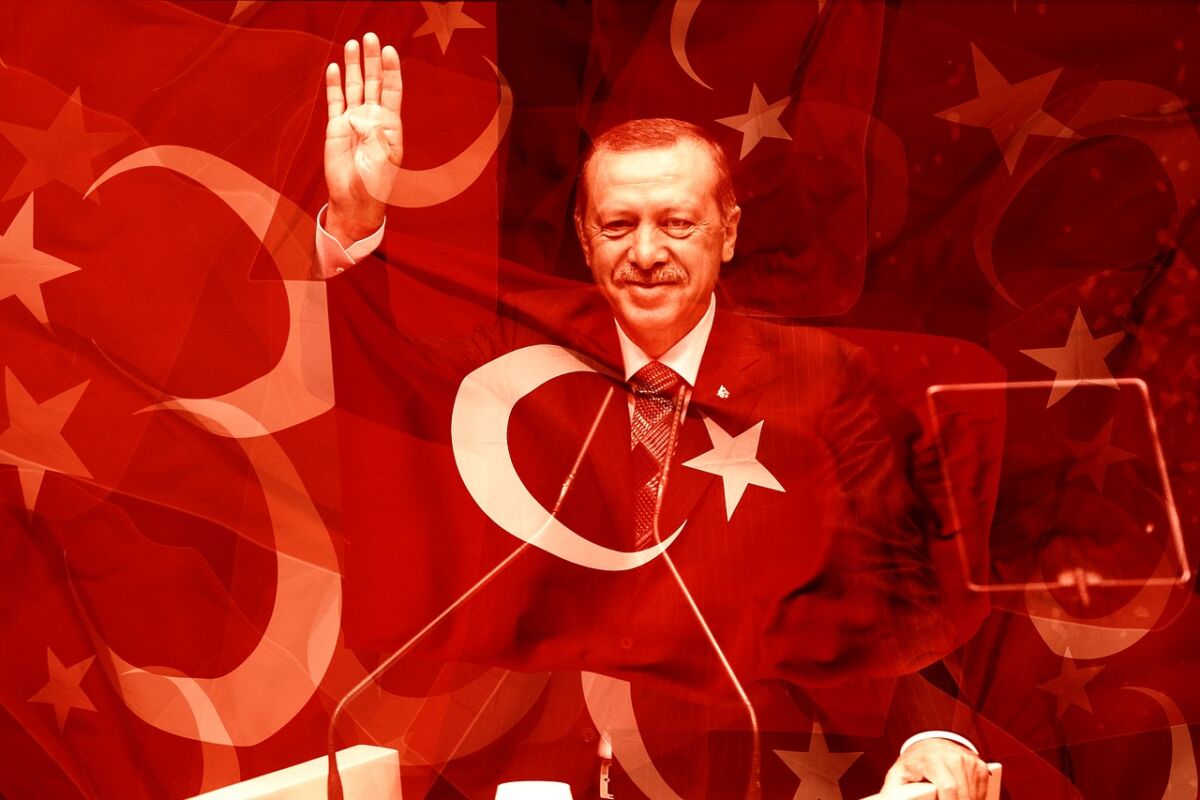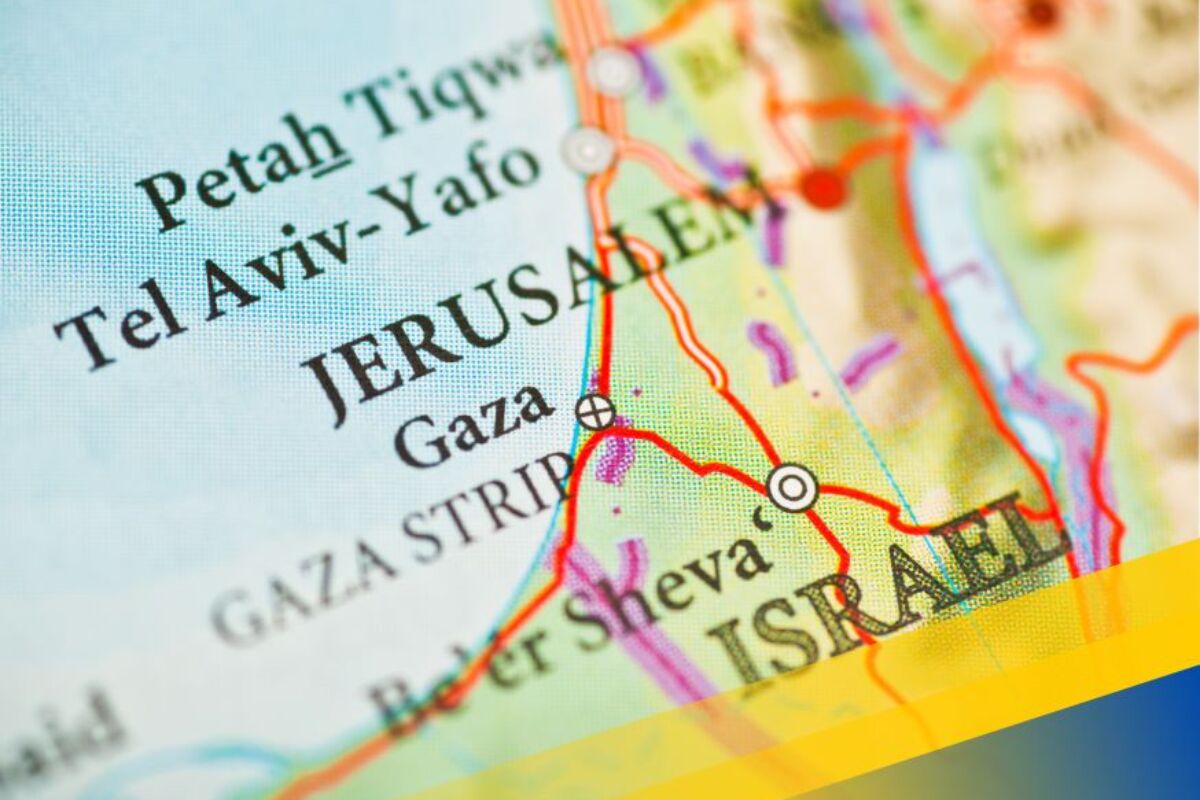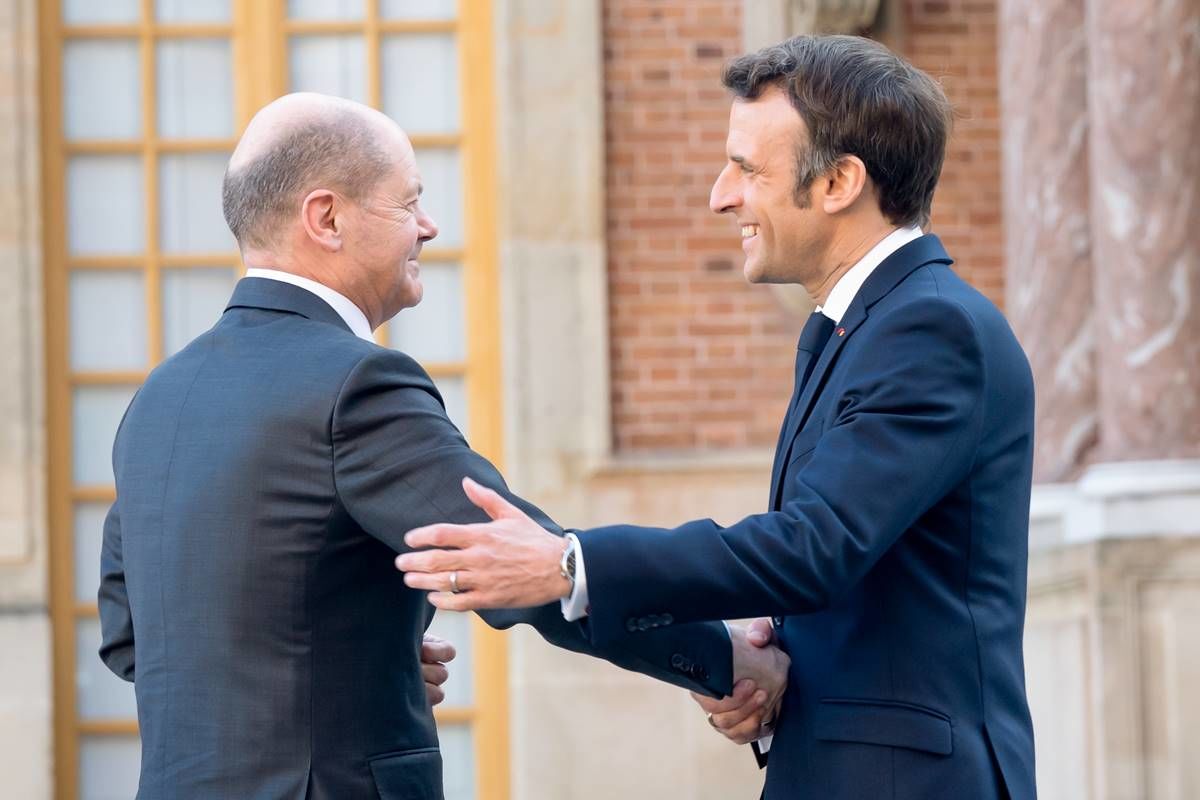“I am counting on you”. With these words, President Macron appealed to the citizens of North Macedonia to vote in favour of the Prespa Agreement in the referendum on 30 September 2018. In his message, President Macron underlined that the Prespa Agreement (whereby the country had accepted to change its constitutional name in return for Greek support for its EU and NATO aspirations) was central “to the plans we have for your country’s future”.
An empty promise as it turned out.
The Macedonian government however took him at his word. The Prespa Agreement was ratified by the Macedonian Parliament and is now being implemented, removing what was seen as the major obstacle in the way of the country’s NATO and EU accession. The government did everything in its power, with admittedly a few not insignificant bumps along the way, to fulfil the reform requirements set by the June 2018 European Council. The hope was that a decision for opening accession negotiations would be taken at this year’s June European Council, in accordance with the European Commission recommendation back in 2018 that accession negotiations be opened with both Albania and North Macedonia.
With no decision taken in June, expectations were that the green light would finally be given at October’s European Council, at least for North Macedonia. There was reluctance from a small number of member states over Albania’s case, due to delays in the reforms and a deteriorating political climate in that country. For North Macedonia meanwhile, even the German Bundestag had called for the opening of accession negotiations, a decision also supported by the Parliament in the Netherlands, a country that had initially expressed some reluctance.
A French veto in a fragile environment
France however decided otherwise, with President Macron refusing to allow any decision, even just regarding North Macedonia, insisting that the EU should concentrate first and foremost on its own reforms before entertaining any further enlargement. He also called for a new methodology of accession negotiations.
In doing so he brushed aside repeated appeals from all the heads of the EU institutions and from the other EU leaders, in particular Chancellor Merkel who had tried to convince him on the critical importance of the EU respecting the repeated promises made to the Western Balkan region over the years and of the EU’s own strategic interests in bringing the countries of the region into the EU. If this was Macron’s way of exacting revenge for Merkel’s reluctance to entertain any of his proposals for internal EU reforms over the past two years, he certainly succeeded. But at what cost?
The obduracy of President Macron has driven a coach and horses right through the heart of the EU’s enlargement policy, and has delivered a heavy if not mortal blow to the EU’s credibility in its nearest neighbourhood. The countries’ leaders in the region can be justified in asking how can they be expected to put faith in the EU’s promises, if at the end of the day those promises count for nothing? How can they successfully push back against hardline nationalist elements and criminal networks who are quite happy to see the status quo continuing?
There is no doubt that continued ambiguity in the EU’s intentions towards the region will only serve to strengthen the hand of those negative forces working against much needed reforms. It will also open the door even wider to the other actors only too keen to enlarge their footprint in the region to suit their own respective agendas, the EU no longer being ‘the only game in town’. It was President Juncker who had already underlined in his September 2018 State of the Union address to the European Parliament the dangers of “our immediate neighbourhood being shaped by others”, a clear reference to the growing influence of China, Russia and Turkey in the region.
The objections raised by France are not new. Already in his address to the European Parliament in April 2018, President Macron underlined that although he was not against enlargement per se, he was in favour of further deepening of the European integration process before accepting any new members. This year he called for reforms in the methodology of the enlargement process itself, without giving any specifics. But behind these objections lies a deeper concern for Macron, which he obliquely alluded to during the European Council. Pointing to Albanians as constituting the second largest number of asylum seekers in France, he suggested it would be impossible for him to justify the opening of accession negotiations with that country to his citizens in the current circumstances. With local elections scheduled for next year in France, and the trauma of BREXIT looming large, Macron is no doubt loath to be seen supporting an enlargement policy which is not popular with voters in France, particularly those in the populist orbit.
A French approach lacking in logic
While these concerns may be legitimate, the solution put forward by President Macron of calling a halt to the EU’s enlargement process seems to lack logic. The more the perspective of EU accession is weakened, the greater the exodus of young people leaving not just Albania but also the other countries of the region. The longer the delays in the EU’s enlargement process, the more difficult it will be to maintain motivation for much needed reforms in the region. The greater the level of ambiguity in the EU’s intentions regarding the Western Balkan region, the weaker will be the leverage of the EU vis a vis those countries concerned, with worsening levels of corruption and further backsliding in democratic reforms.
A reform of the negotiating process is needed, but it should not be at the expense of the Western Balkan countries waiting to join the EU, let alone the start of accession negotiations. There is no reason why reforms cannot be introduced as negotiations continue.
Will the new Commission succeed in regaining leadership on the enlargement agenda?
With the new Commission about to commence its five-year mandate, now is the time to introduce those reforms, many of which are set out in the European Commission’s Strategy Paper of February 2018. Apart from launching a powerful plea for greater engagement of the EU in the Western Balkans, it put forward specific proposals that, if implemented, could ensure greater effectiveness in the EU’s enlargement strategy. The more intrusive the scrutiny of the reform record of the Western Balkan countries, particularly in the areas of rule of law and fighting corruption, the better will be the quality of these reforms in the long run. This more forceful scrutiny would also respond to the criticisms voiced by both the French President and Dutch Prime Minister amongst others that not enough emphasis is placed in the negotiating process on the rule of law and separation of powers. We should not forget that the phenomenon of ‘state capture’ was as much a failure of the Western Balkan countries to deliver on their reforms as it was of the EU to have allowed it to happen, by ignoring the many warning signs over the years in several of those countries.
As has been said many times before, the Commission will also need to change its method of negotiations. It should move away from the elite-driven process that has privileged entrenched elites over the broader spectrum of society. The ongoing negotiations with Montenegro and Serbia are a typical example of this elite-driven approach, where the political leaders grow stronger at the expense of the democratic institutions. After having witnessed many of the outgoing Commission’s recommendations being ignored by member states, the new Commission will need to work hard to regain leadership in the enlargement process and the confidence of those same member states that it can deliver.
However the question remains whether any of these reforms will be sufficient to convince President Macron of the merits of allowing the process of integration of the Western Balkan region into the EU to continue. According to the conclusions of the October European Council, the latter “will revert to the issue of enlargement before the EU/Western Balkan summit in Zagreb in May 2020”. There is little hope that any internal EU reforms will be completed by then. The underlying animosity between the French President and others with some member states to the East, themselves the subject of criticisms over rule of law and corruption issues, will take much longer to resolve.
Danger of more political instability and disenchantment in the EU’s nearest neighbourhood
This is not the first time that France has blocked the hopes of a country applying to join the EU. While the historical circumstances are very different, this time the impact of France’s “non” are likely to be far worse. In addition to the understandable bitterness and resentment against the EU, already weak state institutions and a shaky rule of law will be further undermined by political instability and parliamentary boycotts. An increasingly disenchanted public, weary of politicians unable or unwilling to keep their promises and some enriching themselves in the process, will become even more alienated if the future direction of the country remains uncertain and accession to the EU an elusive dream.



